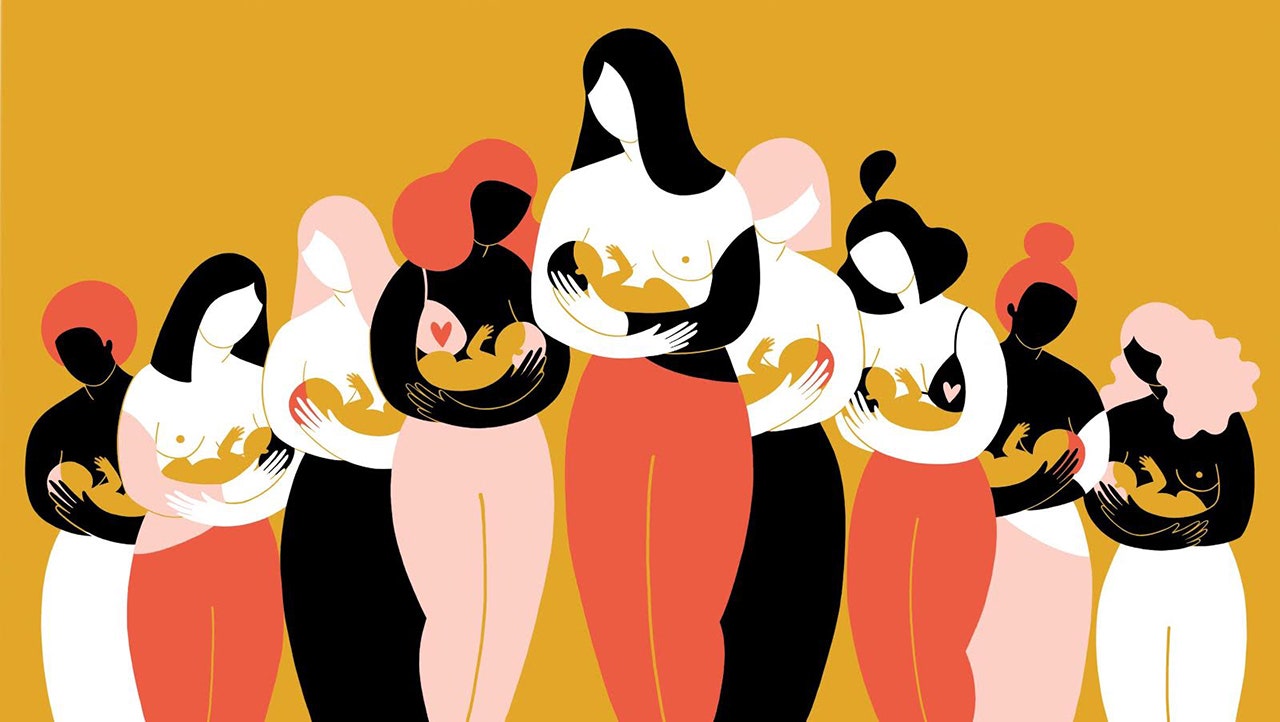By Mahak Shinghal
Case – Husna Banu v. State of Karnataka
Bench – Justice Krishna S. Dixit
In a recent case, the Karnataka High Court on 24 September, 2021 observed that breastfeeding is an inalienable constitutional right of a lactating mother and the right of the infant needs to be assimilated with the mother’s right.
The present case of kidnapping is filed by the genetic mother of the child, Smt. Husna Banu [hereinafter, “genetic mother”] wherein she approached the Court for the custody of her child which landed on the lap of Smt. Anupama Desai [hereinafter, “foster mother”].
The child was born in a maternity home in Bengaluru in May 2020 but was stolen from the cradle by an unscrupulous person. The police traced the child to the foster mother’s home in Koppal town in May this year.
The foster mother sought to retain the child which she took care for a year or so. Another case was filed by the foster mother and her husband wherein they challenged the police notice dated 12.08.2021 whereby they were directed to produce the child before the Child Welfare Committee. Both the cases were clubbed before the Court.
The counsel for the foster mother argued that his client has pampered the child with abundant love and affection for all this time. A child who is well fostered for long cannot be parted away from the foster mother. The Counsel alleged to retain the custody of the child by sighting the episodes from Bhaagavatam in which Devaki, the genetic mother of Lord Krishna, permitted Yashoda, the foster mother, to retain custody of infant Krishna. The foster mother also pointed out that the genetic mother already has two children, however, she has none.
The genetic mother filed a habeas corpus writ petition in the High Court of Karnataka and traced the child with the foster mother. The counsel for the genetic mother contended that the genetic parents of the child have undergone severe agony for a year or so. The counsel also highlighted the difficulties of a lactating mother from whom the sucking infant is kept away.
The Court, after hearing both the parties, observed that the custody should be given to the genetic mother. Justice Krishna S. Dixit observed “breastfeeding needs to be recognized as an inalienable right of lactating mother; similarly, the right of the suckling infant for being breastfed too has to be assimilated with mother’s right; arguably, it is a case of concurrent rights; this important attribute of motherhood is protected under the umbrella of Fundamental Rights guaranteed under Article 21 of the Constitution of India.”
The Court also said that it is unfortunate that the child had to suffer for no fault of his and remained un-breastfed since the genetic mother had no access to him until now.
The argument on behalf of the foster mother that the genetic mother has two children while the foster mother has none, the Court said that “children are not chattel for being apportioned between their genetic mother and a stranger, on the basis of their numerical abundance.”
Later, the Court was told that the foster mother has delivered the custody of the child to the genetic mother, who in turn, agreed that the foster mother may see the child whenever she desires.
Noting this, the Court said that “such kind gestures coming from two women, hailing from two different religious backgrounds, are marked by their rarity, nowadays; thus, this legal battle for the custody of the pretty child is drawn to a close with a happy note, once for all.”
With these observations, the Court directed that there shall be no cause of action against the foster parents concerning the alleged kidnapping of the child and freed the foster mother from all civil and criminal liabilities and disposed of the two writ petitions.


